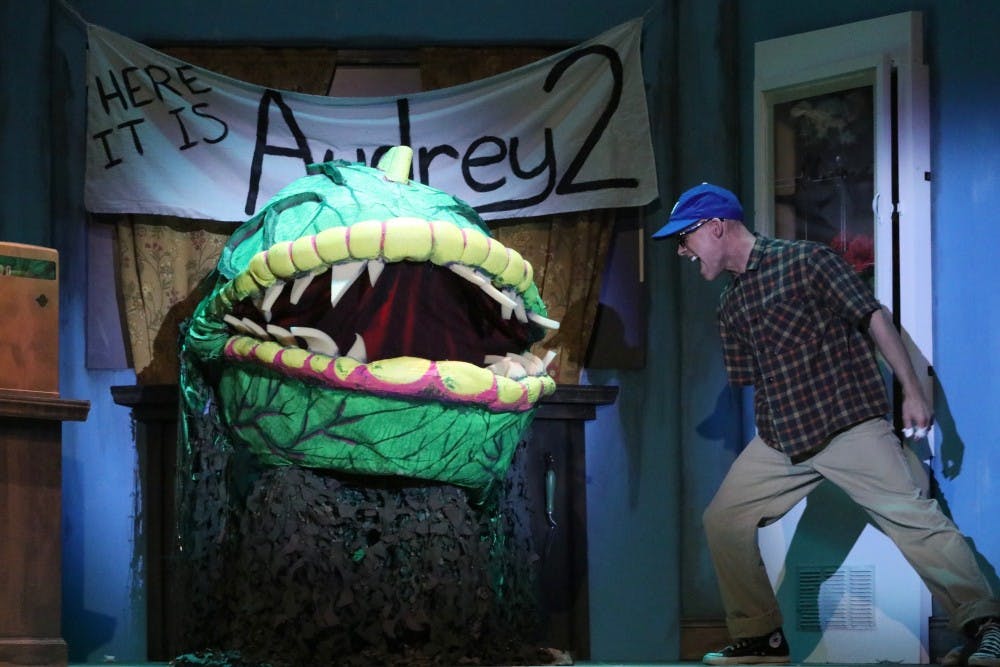From Feb. 9 to 25, the Raleigh Little Theatre is performing the musical "Little Shop of Horrors." Staff writer Krupa Kaneria interviewed Patrick Torres, the artistic director of Raleigh Little Theatre and director of "Little Shop of Horrors," about the upcoming production.
Daily Tar Heel: How did you get involved with Raleigh Little Theatre?
Patrick Torres: I came here in 2014, and they were looking for artistic directors. The previous artistic director had been here for over 30 years. Unfortunately, he passed away, and they did a national search for a new artistic director. I saw that listing and was really interested in it, and I was lucky enough to get it.
DTH: Did you direct before you came to work for Raleigh Little Theatre?
PT: I have my master’s degree in directing from the University of Southern Mississippi, and I did freelance and theater education work for the years in between. Most of my work happened in Washington, D.C., so that’s where my professional work as a freelancer started.
DTH: What made you want to direct this production?
PT: When we were planning this season, it was 2016. It was campaign season, and there were a lot of things going on during that time. With the rise of Bernie Sanders into the national spotlight, I think people were talking about different policy debates about money and wealth and wealth distribution. This made me start to think about "Little Shop of Horrors." It’s a play that I have loved since I was a kid. I sang some of the songs for the show — my brother and I would sing the tunes when I was young. It’s always been special to me because the memories are attached to being a kid. But I started thinking about this show in a new way when we were in the middle of that campaign.
DTH: Tell me a little bit about "Little Shop of Horrors."
PT: In today’s world, when we look at this play, we see the consumer aspect of the play where this plant is promising us fame and fortune and all of the things that we love if we continue to feed it. I don’t want to open up too much about spoilers, but the plant feeds on blood, and that’s what makes it grow bigger. I think that’s an interesting metaphor for our Western attitudes towards money and consumerism. The play is science fiction, and it’s a funny play, but it has a warning for us about the dangers of rampant consumerism.



